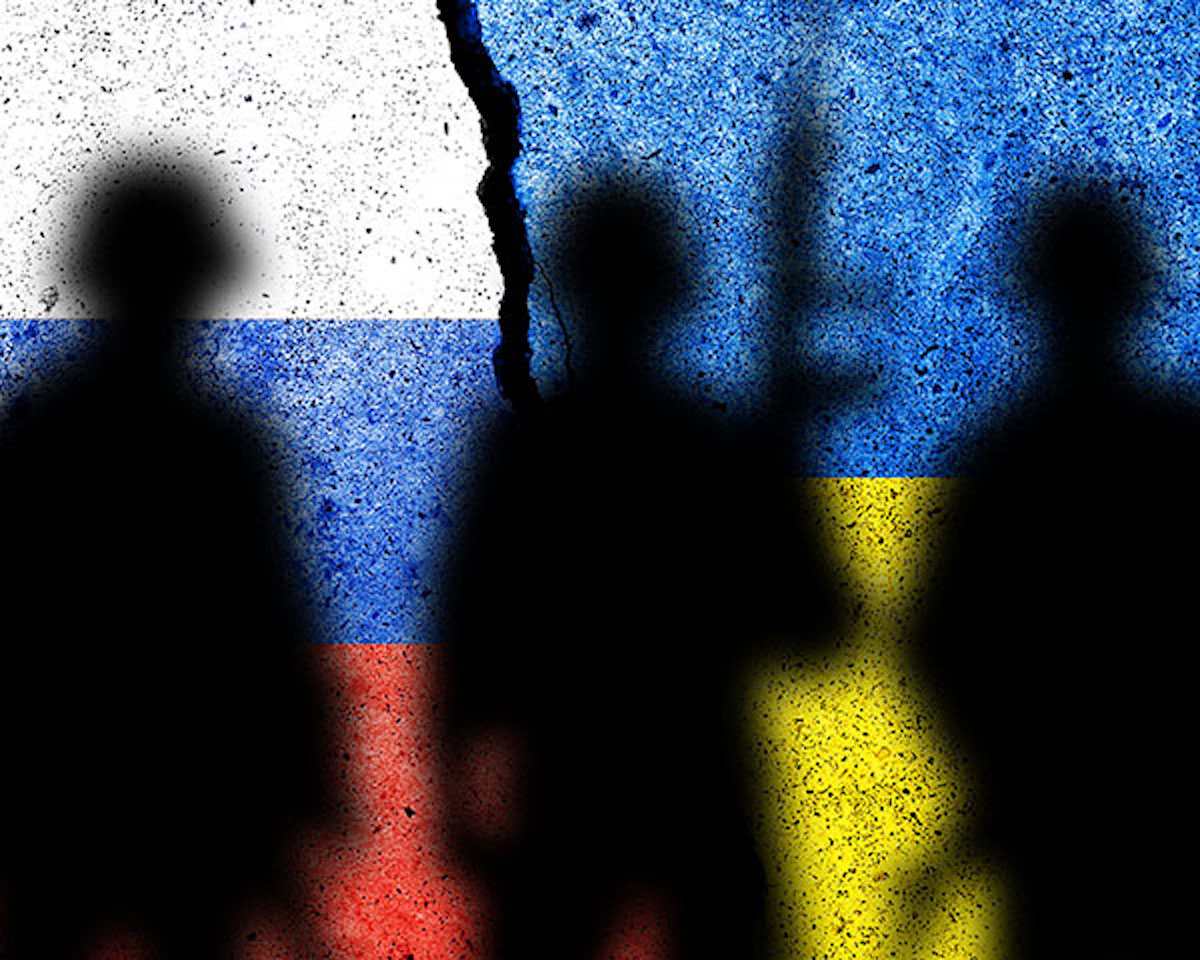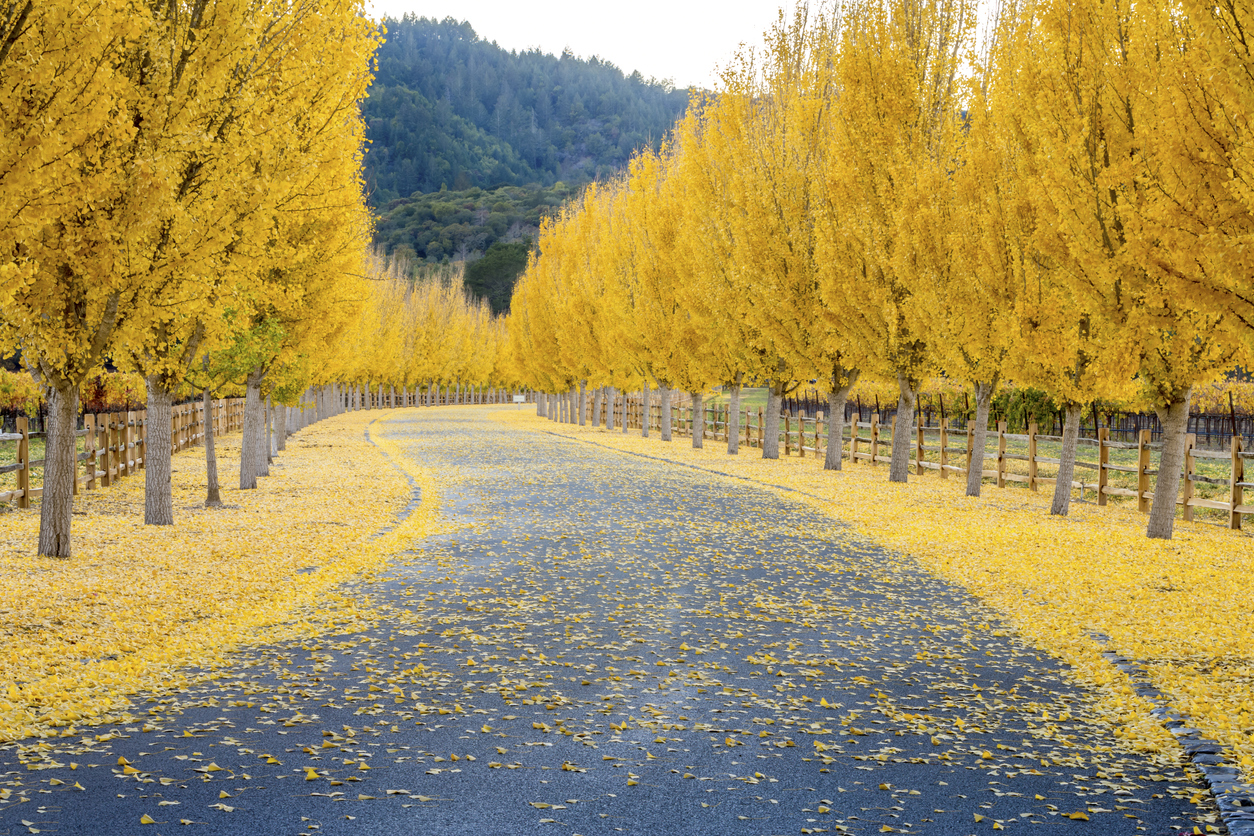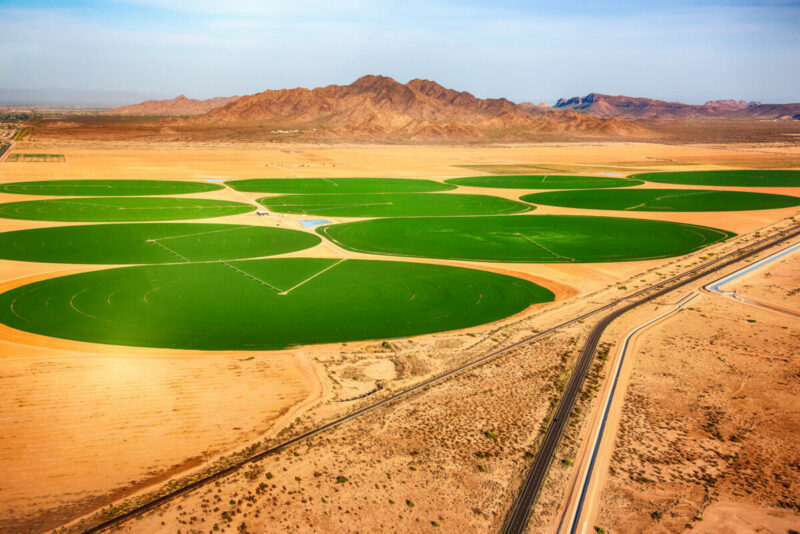Ireland launches €12M All-Island Food Initiative to tackle sustainability and food security in the country

A new network of Government, industry and academic leaders called the All-Island Food Initiative (FOOD-I) was officially unveiled this week to address the threat of the climate crisis and worsening food security across Ireland.
FOOD-I was formally announced by Northern Ireland’s Minister for Agriculture, Environment and Rural Affairs, Edwin Poots MLA, and Charlie McConalogue TD, The Republic of Ireland’s Minister for Agriculture, Food and the Marine.
Some of the main challenges for the Irish food system include climate change, the conflict in Ukraine and an increasing population.
The country is also trying to reach a net zero greenhouse gas emissions target by 2050.
At the launch, Minister Edwin Poots said: “I fully recognise that science and innovation are key enablers of long-term economic productivity and growth and are also vital in underpinning environmental sustainability. I am confident that the science delivered by FOOD-I will rise to meet these challenges and create new opportunities for the agri-food sector – placing sustainability at the heart of a living, working landscape valued by everyone.”
Minister McConalogue added: “I welcome the FOOD-I initiative, which provides the unique opportunity to bring stakeholders from all over the island of Ireland together to support innovation and research capability and capacity, in order to implement change in the sustainability, security and integrity of our food systems.
“Both FOOD-I and (Irish Government strategy) Food Vision 2030 recognise the benefits and need for a collaborative food systems approach, encompassing economic, environmental and social sustainability. The FOOD-I initiative aims to consolidate food systems expertise and this, along with the initiative’s key aims and objectives, will greatly benefit the island of Ireland, as well as helping to inform the transformation of global food systems.”
Several Irish academic institutions will partner to build the FOOD-I network. The participating universities include Queen’s University Belfast, The Agri-Food and Biosciences Institute, Ulster University, University College Dublin, Agriculture and Food Development Authority Teagasc, National University of Ireland Galway and University College Cork.
Together, these institutions will develop new technologies and solutions for the food industry and the Government to improve the food system across the country.
Professor Aedin Cassidy of the Institute for Global Food Security at Queen’s, who is also a co-chair of FOOD-I said: “One of the biggest challenges facing humanity this century is to provide the growing world population with healthy diets from sustainable food systems. The climate crisis, Brexit, geopolitics – such as what’s happening in Ukraine – and the Covid-19 pandemic have all put pressure on an already creaking system.
“Transformation is urgently required and can only be achieved by an inter-disciplinary approach. Our broad and distinctive skill sets in food-systems research across Ireland place us in a unique position to address these challenges and develop evidence-based solutions that will showcase our world-leading research and have consequences for food systems internationally.”
Another co-chair of FOOD-I, Professor of Plant Health in UCD and member of the G20 Global Wheat Initiative Scientific Board, Professor Fiona Doohan added: “We face unprecedented challenges to ensure the integrity and security of our food supply, on this island and globally. By working together, harnessing the world-class research skills and resources across the whole island, we can lead the world in providing innovative solutions to ensure the sustainability of agri-food systems.”
According to the recently published ‘All-Island Agri-Food Research Ecosystem Mapping Report’, public investment into research in the agri-food sector has decreased each year since 2015, going down across the country by 44% in 2019. The reports recommendations included increasing public investment in the sector, as well as a collaborative all-island approach to supporting the food system and developing sustainability across Ireland.
During the launch, Ireland’s Special Envoy for Food Systems and Chair of the EU Commission’s High Level Expert Group, Tom Arnold, commented: “There is huge scope for enhanced all-island agri-food cooperation. Working more closely on an all-island basis provides significant opportunities to jointly contribute expertise to co-develop solutions to shared global challenges in food security impacting on the jobs of the future on the island.
“The FOOD-I initiative will help to position the island as an international leader in sustainable food systems and in food and nutrition security.”
In light of the effects of the war in Ukraine on crop supply, yesterday the Irish government also announced the introduction of a €12M crop-growing scheme to increase the growth of barley, oats and wheat on home soil.
Around €400 per hectare will be paid to help farmers grow more of these crops.
Such a scheme, known as ‘wartime tillage’, was last used by the country in the second world war, according to The Financial Times.
A higher amount of money is expected to be provided in due course to boost growth of maize and beet, while around €300 will be given per hectare for the growth of beans and peas.
Alongside rising costs of fuel and fertilisers however, it remains to be seen whether this amount will be enough to make much difference.
Ukraine, one of the world’s largest producer and exporter of agricultural commodities, announced that due to the war with Russia it will not export a number of crops as well as meat, salt and sugar, until at least the end of 2022.
The country is the largest exporter of sunflower oil, the fourth of barley and rye, and the fifth of wheat and corn. These crops have already seen their price go up since the conflict started. Furthermore, Ukrainian farmers won’t be able to start their seed planting season, which takes place at the beginning of spring, meaning their crop supplies will likely be depleted by the end of the year.
Ireland imports a few agricultural commodities from Ukraine, such as maize and other cereals, meat and offal, fertilisers, as well as some sugar. It also buys around $99.18M worth of fertilisers from Russia, plus maize, fish, molluscs and crustaceans, sugar, and some cereals, starches, flour and milk products. Ireland also buys petroleum from the country.









